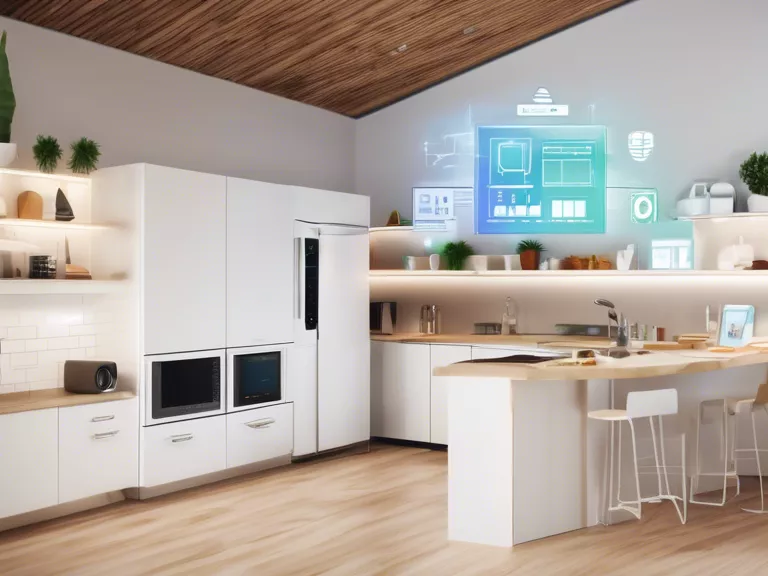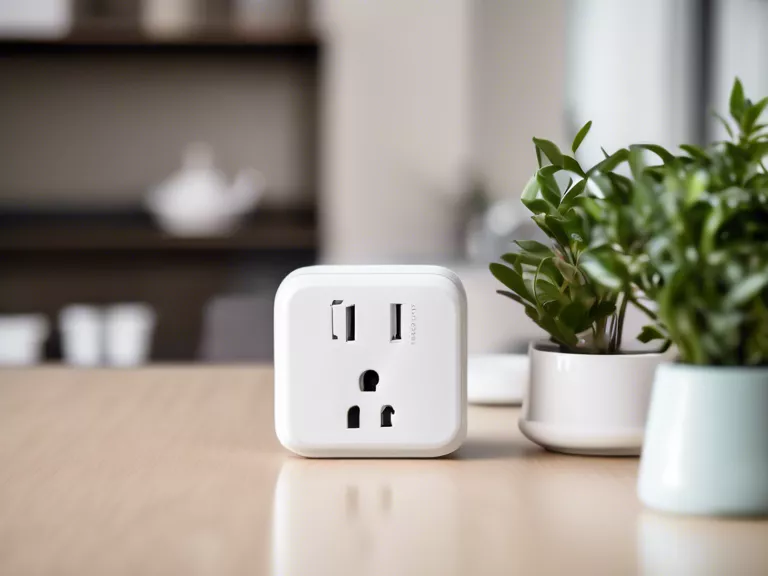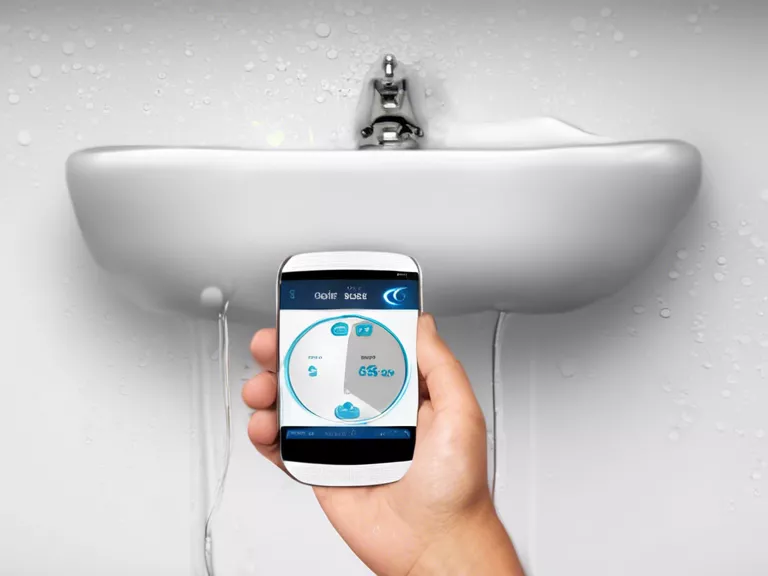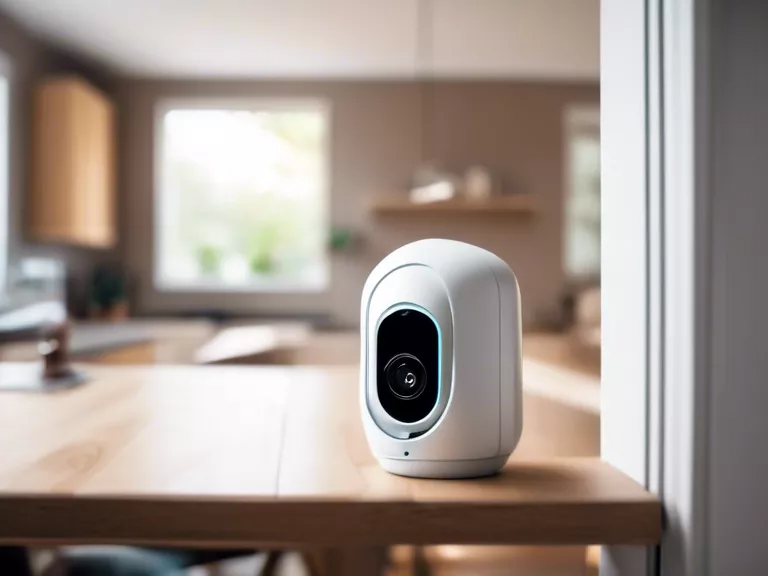
With the rise of technology in every aspect of our lives, it's no surprise that our homes are becoming smarter than ever. Smart appliances are revolutionizing the way we use energy in our homes, making them more sustainable and energy-efficient. From smart thermostats to energy-efficient refrigerators, these appliances are transforming the way we live and helping us reduce our carbon footprint.
One of the key roles of smart appliances in creating sustainable and energy-efficient homes is their ability to optimize energy usage. Smart appliances are equipped with sensors and connectivity features that allow them to adjust their settings based on usage patterns and energy demand. For example, a smart thermostat can learn your heating and cooling preferences and adjust the temperature accordingly, leading to significant energy savings over time. Similarly, energy-efficient refrigerators can regulate their temperature based on the contents inside, reducing energy waste.
Another important role of smart appliances is their ability to provide real-time data on energy consumption. Many smart appliances come with mobile apps or online portals that allow homeowners to monitor their energy usage in real-time. This information helps homeowners identify areas where they can reduce energy consumption and make more sustainable choices. For example, seeing how much energy your dishwasher uses can encourage you to run it only when it's full, saving both water and electricity.
Smart appliances also play a crucial role in creating a more sustainable home by promoting renewable energy sources. Many smart appliances can be integrated with solar panels or other renewable energy systems to maximize energy efficiency. For example, a smart water heater can be programmed to heat water during peak sunlight hours when solar panels are generating the most electricity, reducing the burden on the grid and making your home more sustainable.
In conclusion, smart appliances are a game-changer when it comes to creating sustainable and energy-efficient homes. Their ability to optimize energy usage, provide real-time data on energy consumption, and promote renewable energy sources make them an essential part of the future of home technology. By investing in smart appliances, homeowners can reduce their environmental impact and save money on energy bills in the long run.



